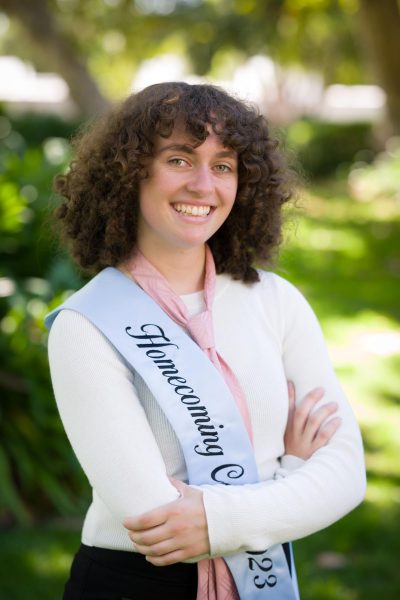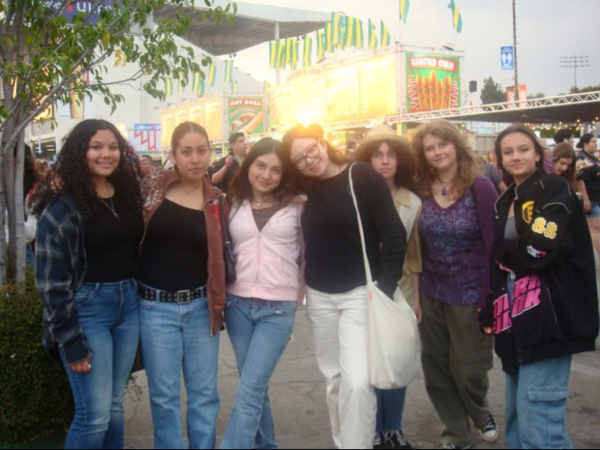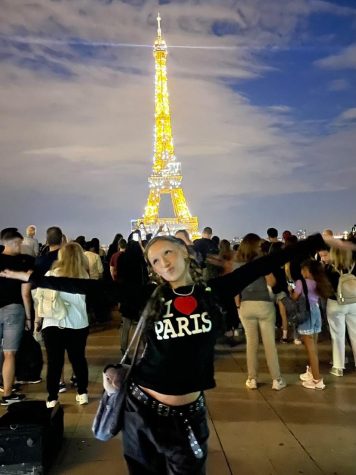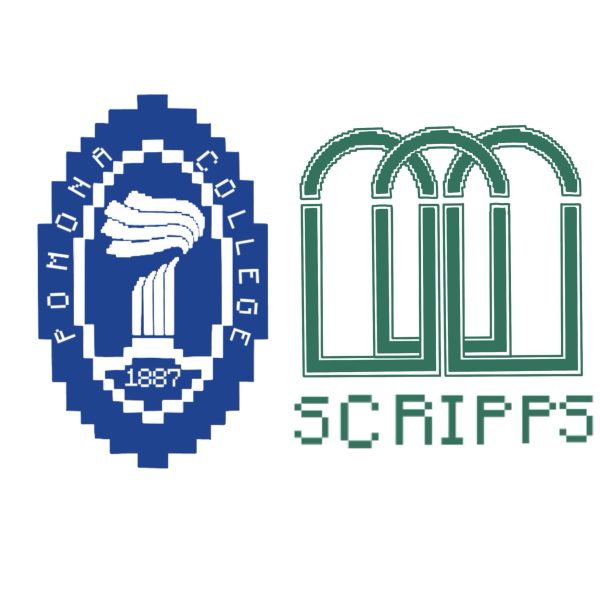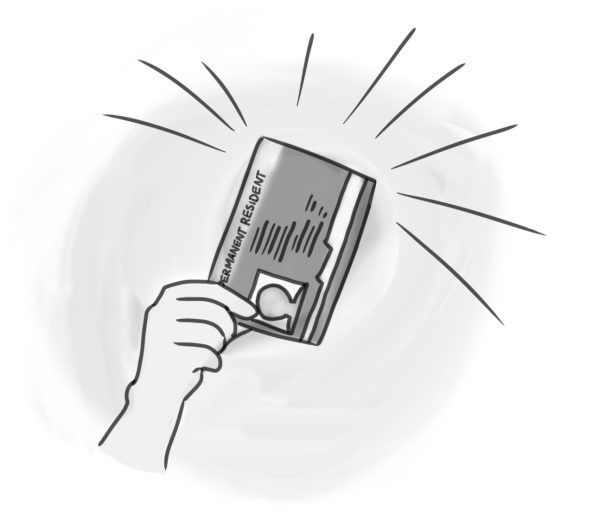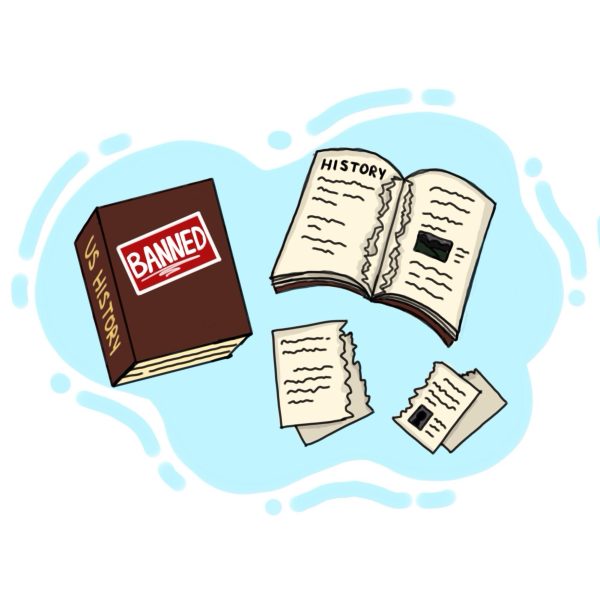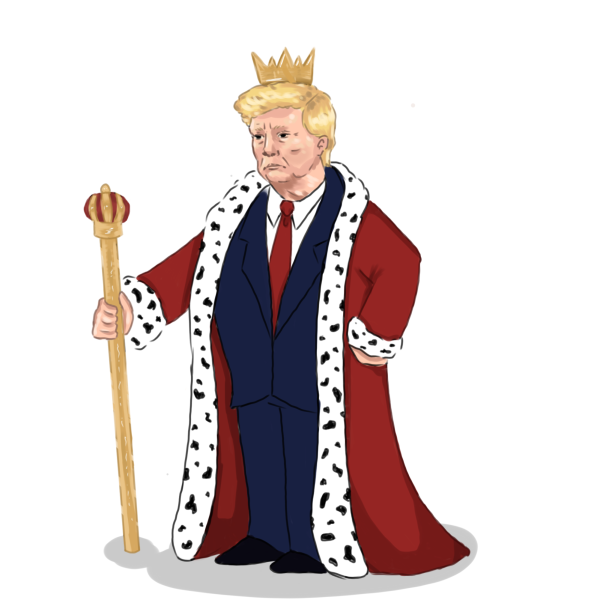Book Bans: Censoring Knowledge
Table for Banned Books Week in the CHS Library.
Books offer the freedom of publication, spreading new ideas, and challenging the status quo. Yet, school districts in conservative states are banning books from being read in their curriculum and school libraries. In total, 1,145 books have been banned. These books, many of which are award winning novels, typically deal with topics such as racism and LGTBQ+ identifying people.
In many cases, parents are the driving force behind the book bans. In school districts in states like Texas, Wisconsin, and Mississippi, parents are petitioning school boards and libraries to remove books that deal with critical race theory and people who identify as LGBTQ+. Bans are being made on the basis of sexually explicit content, however most of this “sexually explicit content” is often just depictions of people who identify as queer or transgender. The parents who are advocating to remove these books don’t just want these books taken out of the curriculum, they want them removed from library shelves. Removal of books from library shelves means every child in the school is affected regardless of the curriculum they are taught. No child will have access to these books and therefore will be unable to learn about the perspectives that other people have.
In order to combat these book bans, the Brooklyn Public Library has opened their collection to everyone around the country. Normally, one has to be a resident in Brooklyn to be able to check out books, but due to the book bans, students aged 13 to 20 are now eligible to get a library card and check out electronic books for free. This has helped thousands of students be able to get access to books that they did not have access to in their school libraries.
The pressure to ban books does not always stop at petitions though. Many school librarians have been harassed online and fired because they refuse to remove certain books from their shelves. The constant pressure and harassment has even caused librarians and educators to resign from their positions. For example, the New York Times reported that Audrey Wilson-Youngblood, a librarian at the Keller Independent school district for 19 years, resigned after the harassment she received over book bans began to weigh on her.
Despite Claremont’s liberal persona, books have been — though infrequently — brought to the attention of the librarian at CHS, Jim Munsey.
“I haven’t experienced it in a large sense,” Munsey said. “I’ve been in here 20 years, and I can tell you in the twenty years that I’ve maybe had 30 parents over those years, maybe about once a year, that have contacted me and said ‘I really don’t like my child reading this.’”
Munsey has not faced the overwhelming pressure many librarians are facing in conservative school districts, but he has had a little pressure from parents. Unlike the more conservative states targeting books on critical race theory and LBGTQ+ books, Mr. Munsey said that the topics he has gotten the most complaints about are from romance novels, normally when the stories gets more sexual. Munsey doesn’t take the books off the shelves when parents ask about them, he instead tells parents to have discussions with their families on what they want their child to read.
The week of September 18-24 is Banned Book Week. During this week, The American Library Association tries to educate people about banned books in order to make sure that students understand and know what censorship is. Using resources from the American Library Association, Mrs. Yoshinaga, the Librarian Media Assistant at CHS, set up a table of banned books in the library during the week. Yoshinaga wanted to make students aware of book censorship, she said that some students were not aware that books are being banned.
Here is a list of the six most banned books in these conservative school districts, according to Business Insider. All of them are available to be checked out through the LA County Library system, and the Wolfpacket Team encourages all CHS students to read them.
Gender Queer: A Memoir by Maia Kovalev – banned by 30 school districts
All Boys Aren’t Blue by George M. Johnson – banned in 21 school districts
Lawn Boy by Jonathon Evison – banned by 16 school districts
Out of Darkness by Ashley Hope Pérez – banned by 16 school districts
The Bluest Eye by Toni Morrison – banned by 12 school districts
Beyond Magenta: Transgender Teens Speak Out by Susan Kuklin – banned by 11 school districts
Hello there! Our goal is to provide relavent, engaging journalism for readers of all ages. Your donation will support the student journalists of the Wolfpacket at Claremont High School, and will allow us to purchase equipment, print our monthly issues, and enter in journalism competitions. We appreciate your consideration!
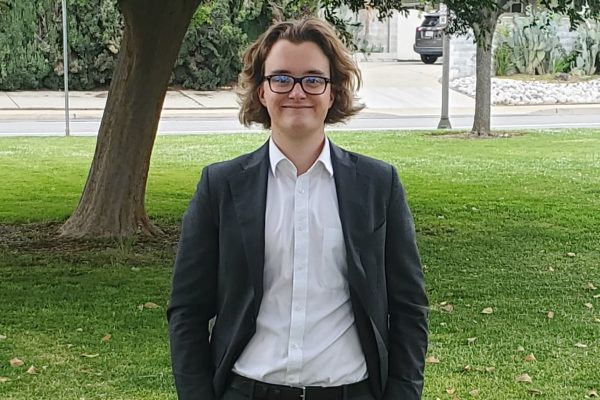
Callum is a Senior at CHS and one of the Head News Editors. Besides the paper, he is also a member of the Speech and Debate team, works as a lifeguard,...
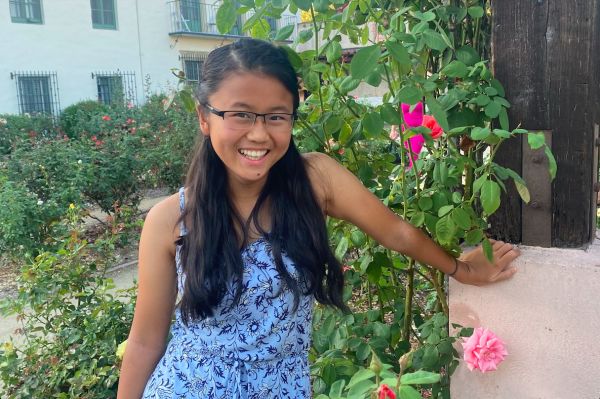
Mayo Ou is the Head Editor-in-Chief of the Wolfpacket and a senior at CHS in her fourth year on the staff. Her goal this year, other than not procrastinating...




